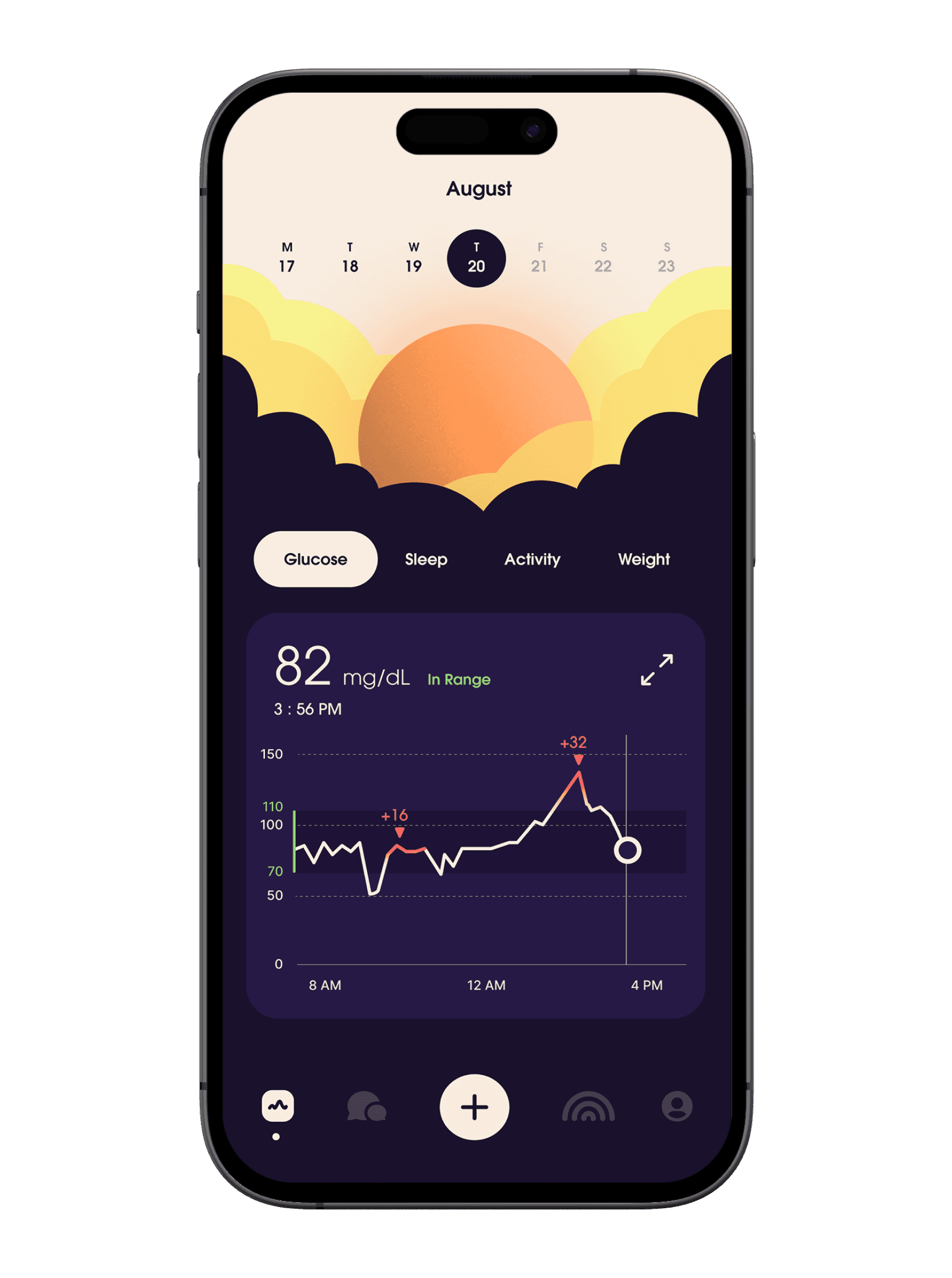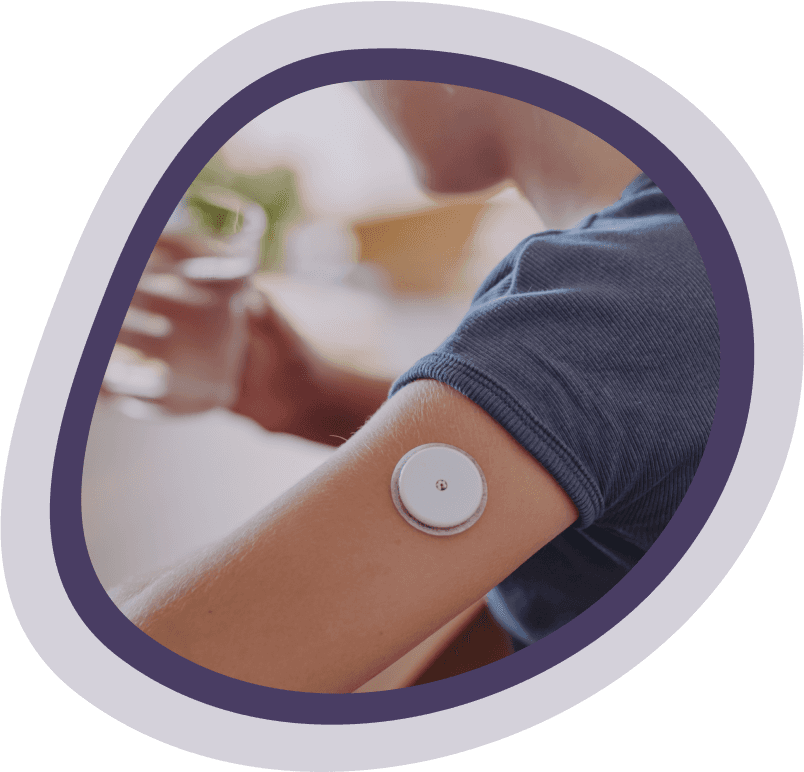Insulin Resistance
Insulin resistance is a condition where your body’s cells don’t respond effectively to insulin, a hormone that regulates Blood Glucose.
It is a condition where cells in the body become less responsive to insulin.
Insulin resistance leads to higher blood glucose levels as the body struggles to use insulin efficiently.
It can often be a precursor to Type 2 Diabetes, making early detection crucial to controlling the condition.
Insulin resistance is linked to Obesity and physical inactivity, and can also be linked to genetic factors.
If you’d like to check if you are insulin resistant, you can be diagnosed through blood tests that measure insulin and glucose levels.
The good news is that it is reversible with lifestyle changes and in some cases medication.
How Insulin Resistance affects your body?
How to manage your Insulin Resistance
Wondering if you are Insulin-resistant?


Here is our gift to you!
We are currently gathering feedback for the app and providing the app at no cost!





